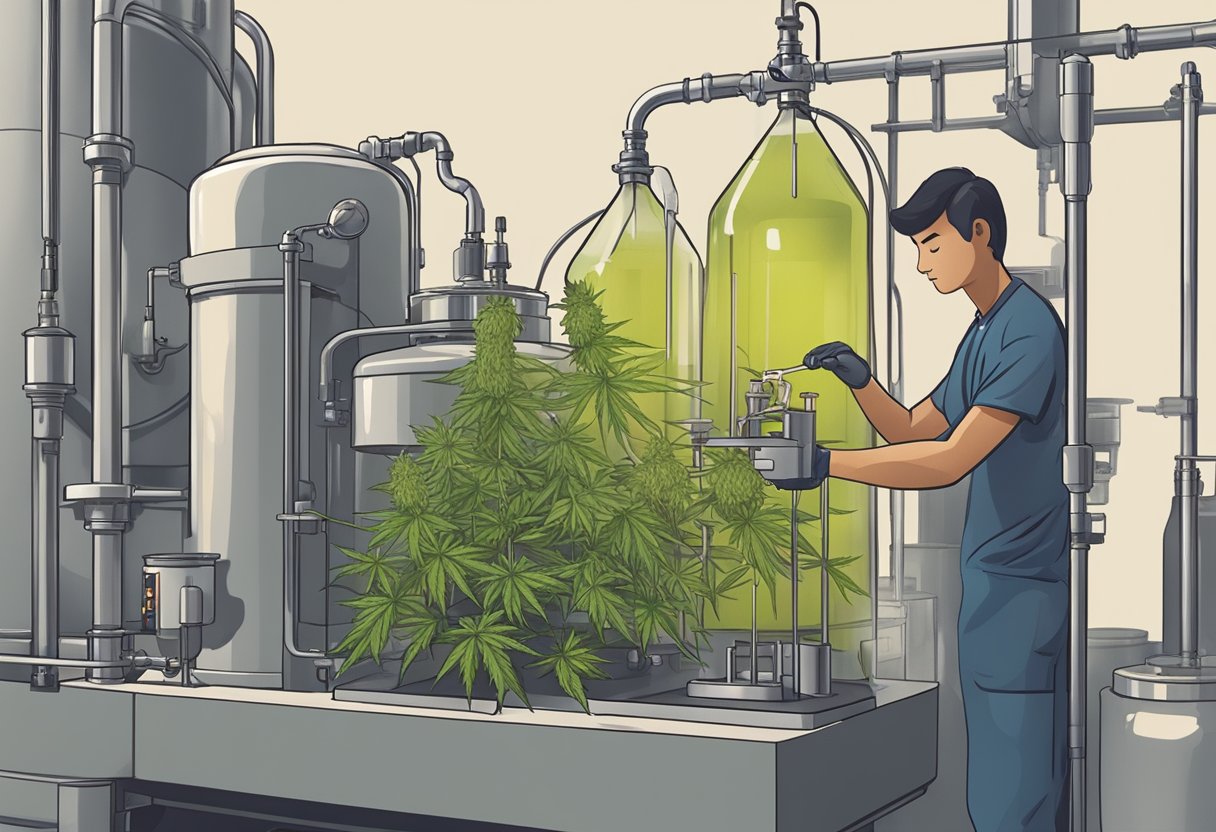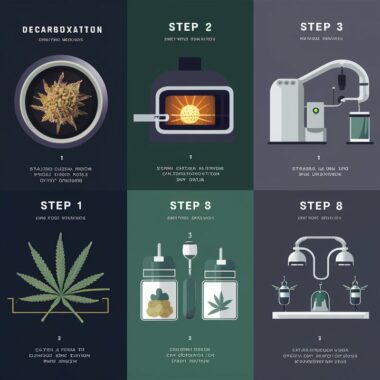In recent years, cannabidiol (CBD), a non-psychoactive compound found in the Cannabis sativa plant, has garnered significant attention for its potential therapeutic benefits. Unlike its counterpart, tetrahydrocannabinol (THC), CBD does not induce the “high” commonly associated with cannabis use. Instead, it has been the subject of intense scientific scrutiny for its role in modulating physiological processes via the endocannabinoid system (ECS).
Understanding the Endocannabinoid System
The ECS is a complex cell-signaling system identified in the early 1990s by researchers exploring THC. It plays a crucial role in regulating a range of functions and processes, including:
- Sleep
- Mood
- Appetite
- Memory
- Reproduction
- Pain sensation
The system consists of three core components: endocannabinoids, receptors, and enzymes. Endocannabinoids are molecules produced by the body that help keep internal functions running smoothly. These molecules bind to receptors found throughout the body to signal the ECS to take action.
How CBD Works with the Endocannabinoid System
CBD’s interaction with the ECS is not as direct as that of THC. It does not bind to the cannabinoid receptors (CB1 and CB2) in the same way THC does. Instead, CBD works indirectly by enhancing the activity of the body’s endocannabinoids and modifying the receptors’ ability to bind to cannabinoids. Additionally, CBD influences other types of receptors and occupies enzymes, which can enhance the levels of endocannabinoids in the body.
CBD’s Mechanism of Action
Recent studies have shed light on how CBD may exert its effects. For instance, CBD has been shown to delay the reuptake and breakdown of endocannabinoids, which can increase their impact on the body. Moreover, CBD may also alter the function of cannabinoid receptors, potentially leading to a variety of effects on the body’s systems.
Research on CBD and the ECS
Despite the promising preclinical data, clinical evidence supporting the efficacy of CBD is still emerging. The World Health Organization has recognized CBD’s potential, particularly in treating epilepsy. However, experts caution that more research is needed to fully understand the range of its therapeutic effects and the mechanisms behind them.
Expert Opinions
Dr. Peter Grinspoon, a primary care physician and an instructor at Harvard Medical School, notes, “The endocannabinoid system is critical for almost every aspect of our moment-to-moment functioning. CBD’s ability to interact with this system could have far-reaching effects on health and disease.”
Challenges and Considerations
While the interest in CBD’s health benefits is high, the regulatory landscape remains complex. The purity, safety, and consistency of CBD products can vary, and the claims made by manufacturers are not always substantiated by robust clinical evidence. Consumers and healthcare providers must navigate these waters with caution, seeking out high-quality products and relying on evidence-based information.
Conclusion
The science behind CBD and its interaction with the ECS is a field of active research and holds promise for a variety of therapeutic applications. As the body of evidence grows, so too will our understanding of how this non-intoxicating cannabinoid can be harnessed for health benefits. For now, the medical community and consumers alike must approach CBD with an informed and cautious optimism, recognizing both its potential and the need for further study.
- CBD Cream for Neck Pain Relief: A Comprehensive Guide to Benefits, Usage, and Effectiveness - September 13, 2024
- Medical Marijuana Card: How to Get One and What You Need to Know - September 13, 2024
- CBD For Anxiety: Uses, Dosage And Side Effects - September 13, 2024
















